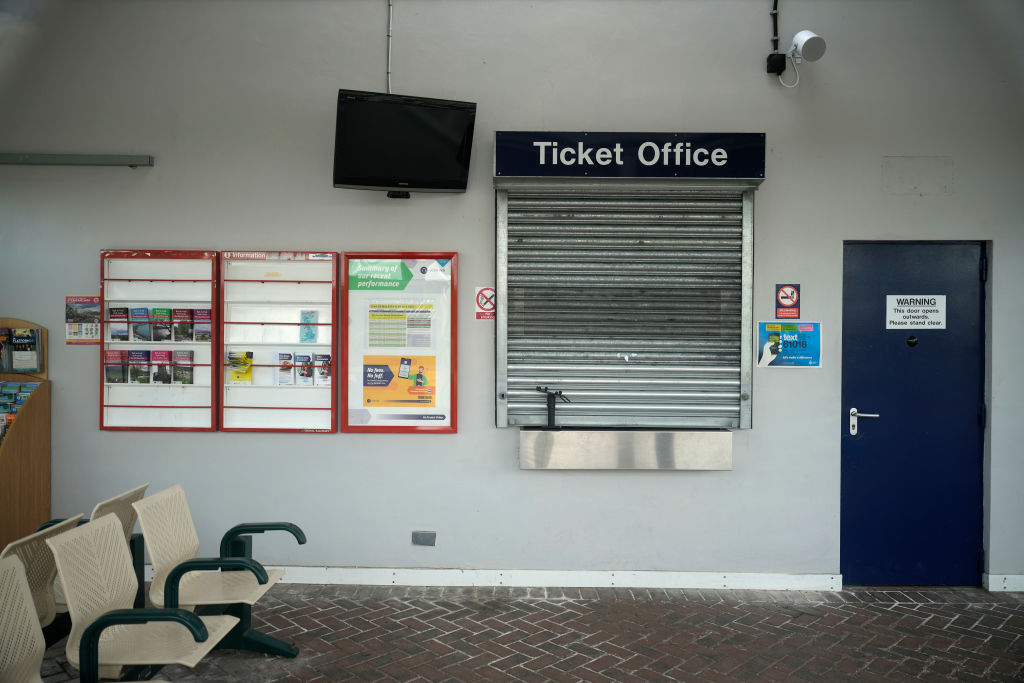So it seems that rail ticket offices will be reprieved. After a vociferous campaign – not least on behalf of elderly travellers who might find it difficult to use mobile phone technology, let alone the network of often-dysfunctional ticket machines – the government has undertaken a U-turn and told rail companies to withdraw their proposals to close most ticket offices on the network.
Any other – genuinely private – industry would be deeply engaged in cost-cutting
It may be the right decision. We certainly don’t need as many booking clerks as we did in the day before ticket machines or online ticket sales. It is good that passengers have the option of buying electronic tickets if they find that more convenient. But as supermarkets have found, abandoning customers to automation without the option of dealing with a human being often ends with seriously aggravating experiences.
Moreover, the technology employed by rail companies seems to be increasingly defective. Twice in recent months I have arrived at ticket barriers with a perfectly valid ticket only to find it refusing to let me through. To have stations which have ticket barriers but which are entirely unstaffed will deliver us into dystopian world where we are at the mercy of faltering machines. My local, unstaffed, station sprouted a poster warning of £100 fines for travelling without a ticket – the very week that the sole ticket machine on the London-bound platform was out of order. It should simply be illegal for rail companies to fine passengers without a ticket unless they have provided an adequate opportunity to buy one.
Nevertheless, something is going to have to be done to cut the costs of running the railways which perversely are now consuming far more in subsidies than they were when in public ownership. In the 12 months to April 2022 – the latest year for which figures are available – the rail industry earned £6.5 billion in passenger revenue, and £13.3 billion in government subsidy. True, that took in the tail end of the pandemic, when passenger numbers were markedly down. But it is doubtful whether commuting traffic will ever return to pre-pandemic levels.
Any other – genuinely private – industry would be deeply engaged in cost-cutting. It would be cutting staff numbers and investigating other ways of saving money. Businesses which failed to do so would rapidly go bust. But things seem to work differently on the railway. Even before Covid, the government was in the habit of bailing out rail companies whenever passenger numbers fell below expectations – sheltering them from commercial forces. What is the point of privatising an industry and then keeping it propped up with public money?
Our railways are overmanned because there has been too little incentive to reduce staff numbers. We still have trains running around with guards – a position which was made redundant by signalling improvements in the 19th century. Over a hundred metro systems in the world operate without drivers; so why not the London Underground and other metros in Britain? Even without HS2, the railways are bleeding the taxpayer dry. If not ticket office clerks, something is going to have to give.







Comments